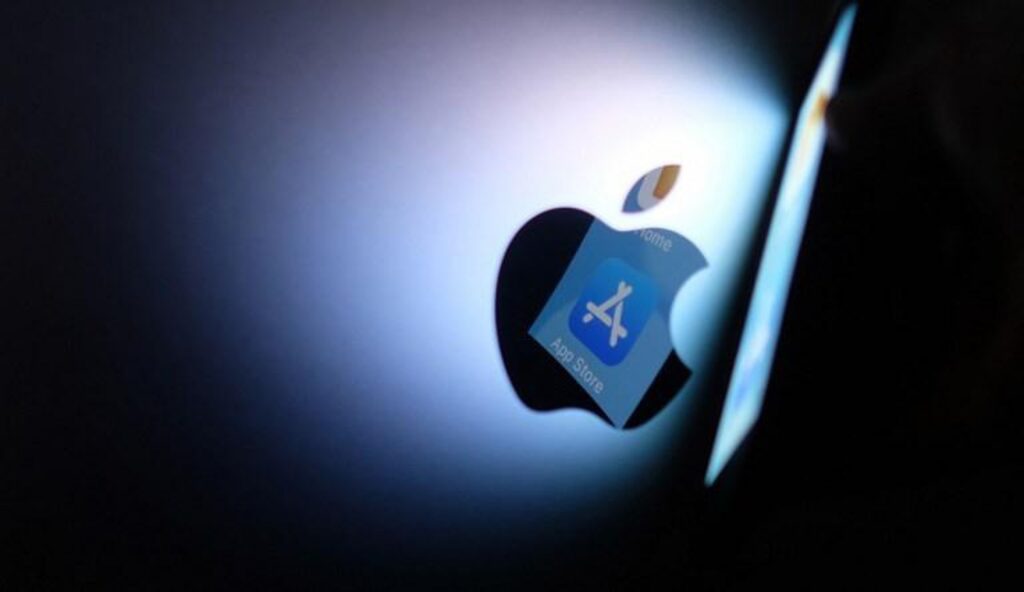Apple has announced that iPhone users in the European Union will be able to utilise third-party app storefronts and alternative payment methods.
The new measures, reported on Wednesday from the company’s California headquarters, will also allow the use of alternative web browser technologies, a move previously blocked by Apple due to security risks. To benefit from these features, users will need to have the latest iOS 17.4 operating system installed on their devices.
Apple’s decision complies with the legal requirements of the EU’s new Digital Markets Act, which requires dominant tech giants, known as “gatekeepers,” to allow the use of other app stores. Previously, downloading apps on iPhones was only possible via Apple’s own App Store.
However, Apple will still maintain partial control over app installation. Users will not be able to simply download apps with a web browser and install them as done in Google’s Android system. Instead, a certification process is required, where iPhone apps, approved by Apple, can install other apps.
Phil Schiller, a ranking executive at Apple, raised concerns about the risks associated with direct installations, stating that allowing any website to download apps poses a significant risk to user data and data security.
The new system, with an authentication process, also meets the EU’s Digital Markets Act requirements. However, the regulation potentially exposes EU users to greater risk than those located outside the region.
With the announced implementation, Apple can automatically monitor all apps in alternative marketplaces for known malicious software and other security threats in the future. Nonetheless, the company says it will not verify any business practices related to the apps or the content displayed in them.
Apple also made other changes to address EU monopoly allegations. In the future, European users will be able to freely set their default web browser on iPhones. While currently, Apple’s browser, Safari, automatically opens all web links, soon, browsers like Google Chrome, Firefox, Microsoft Edge, Brave, Opera, and DuckDuckGo will be able to take on this task.
Additionally, the tech giant is ending its monopoly over contactless payments on iPhones in Europe. Currently, Apple Pay is the only service that utilises the device’s NFC (“Near Field Communication”) functionality for payments. Users will soon dictate which payment application should be the default.
The technology behemoth has also shown some leniency regarding its revenue-sharing model for paid apps and in-app purchases. Apple currently demands a 15% commission from small developers and long-term subscriptions, and a 30% commission from providers making more than a million dollars annually. These commissions are now being reduced to 10% and 17% respectively.

